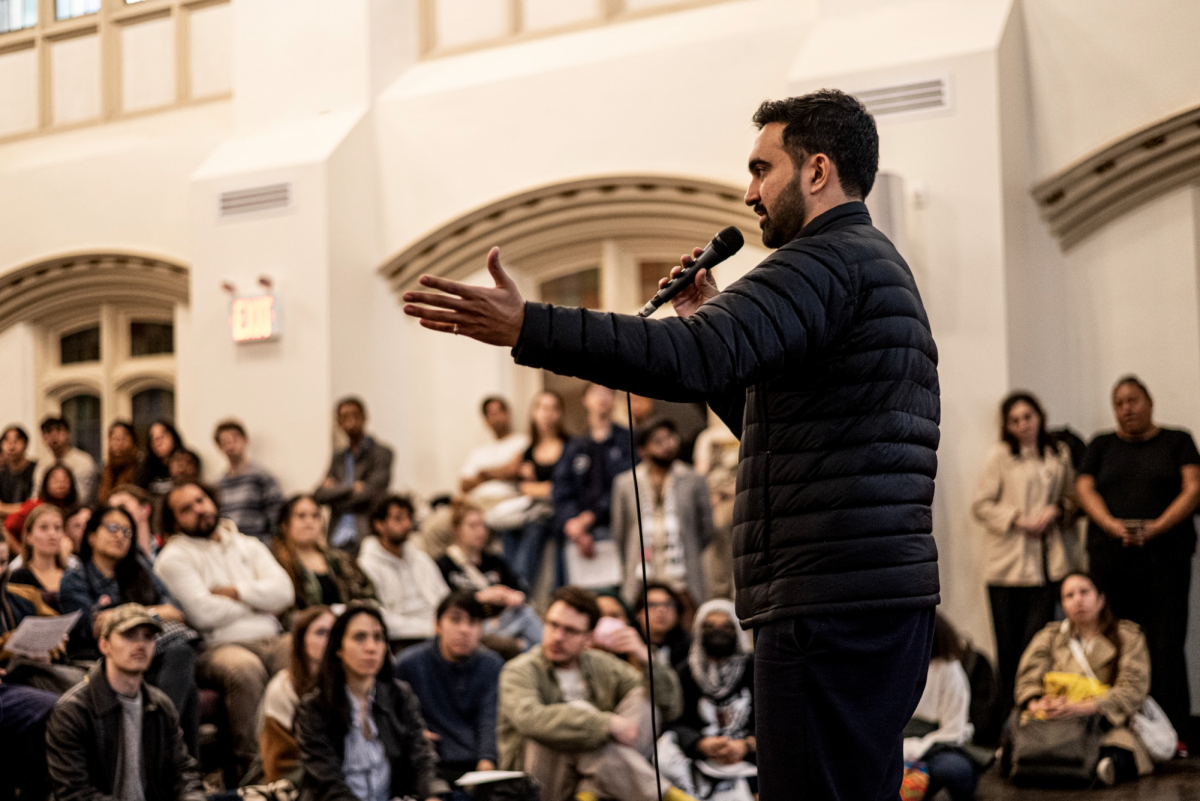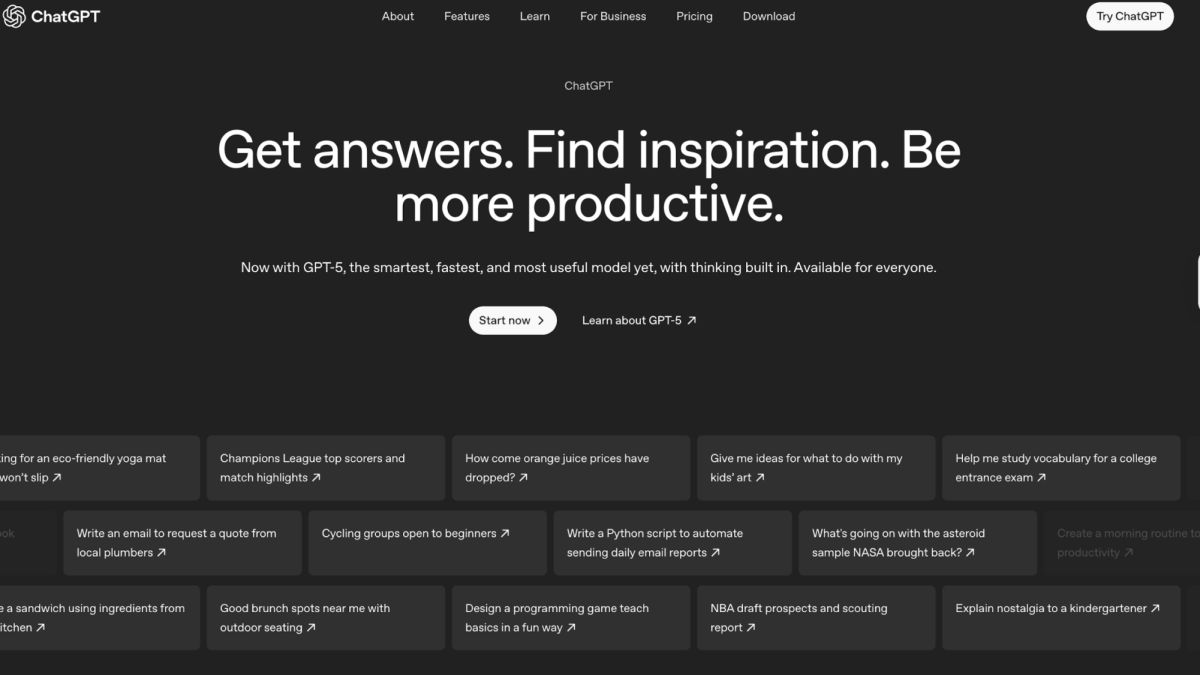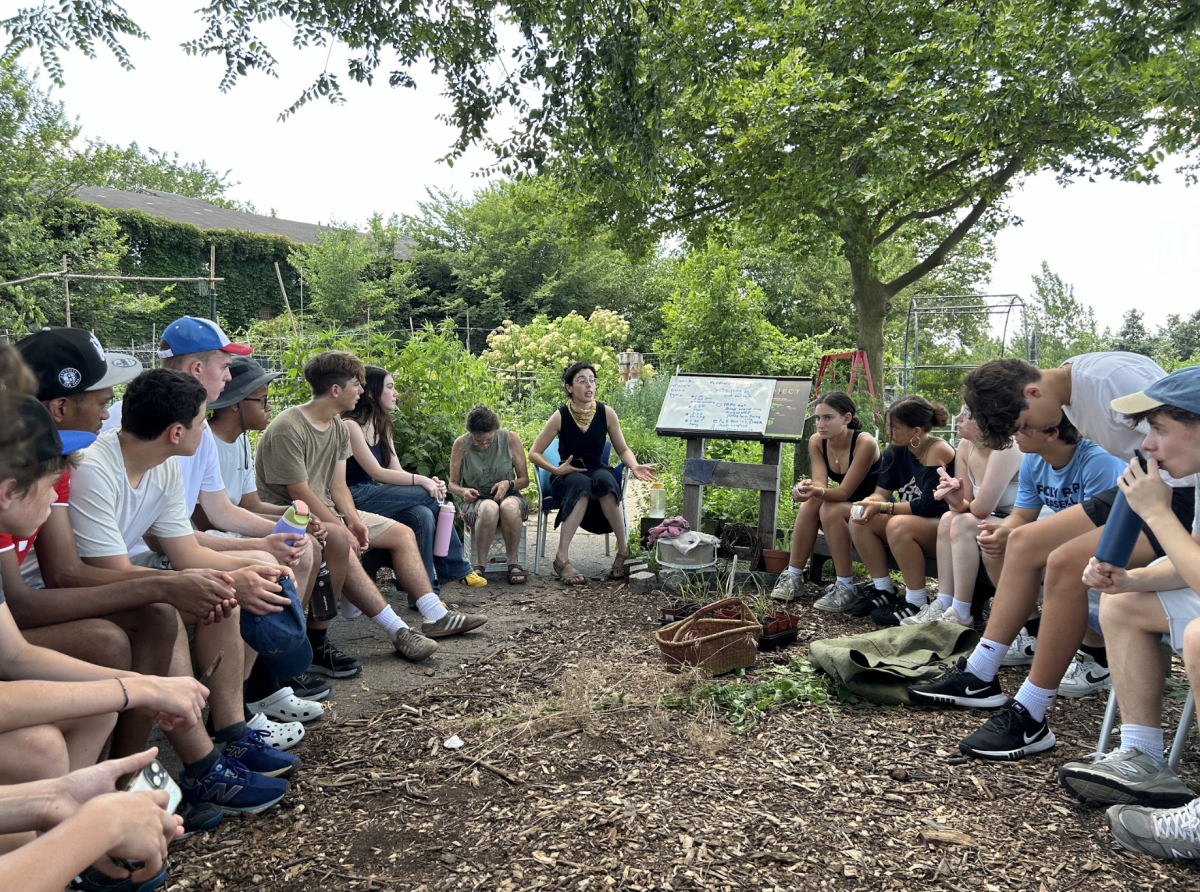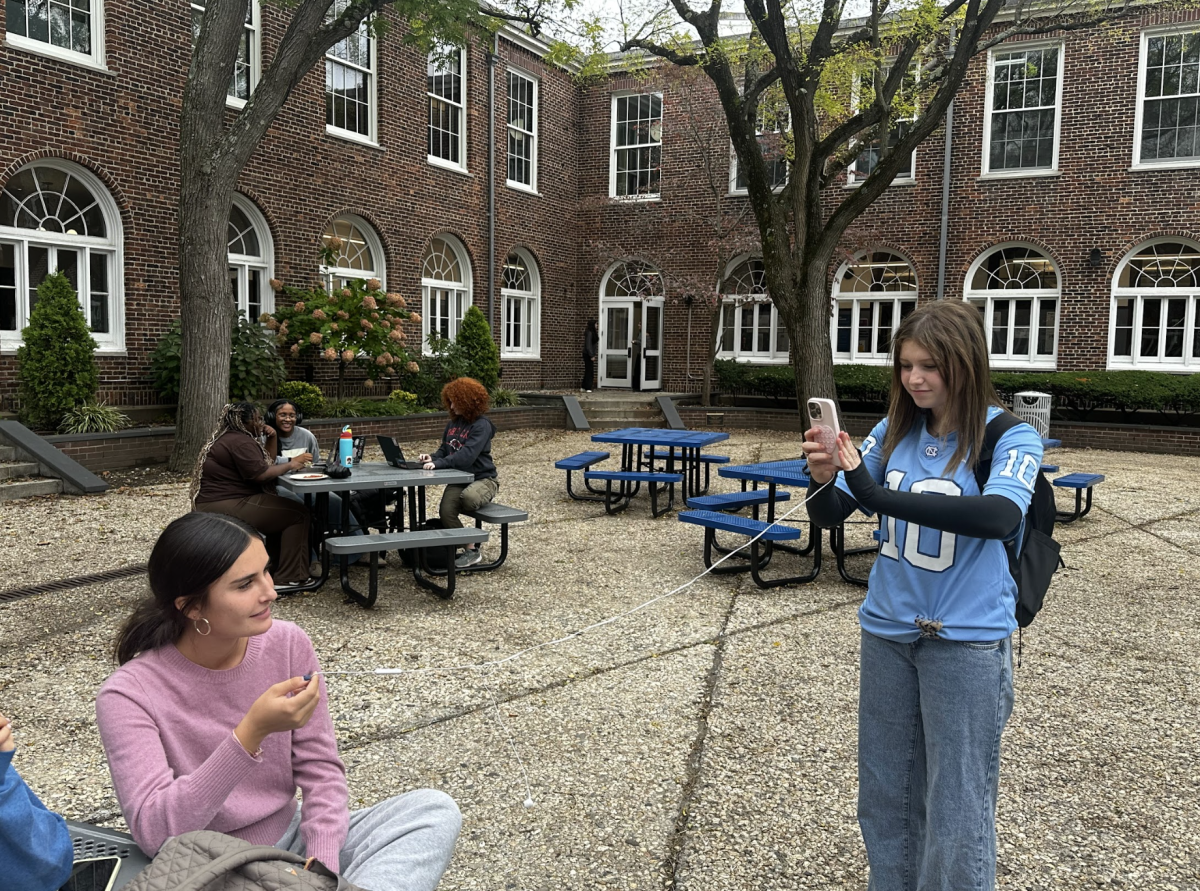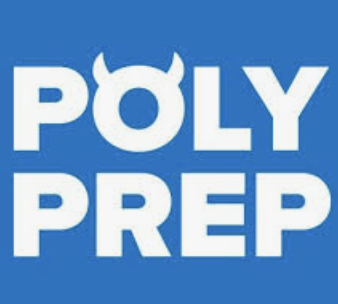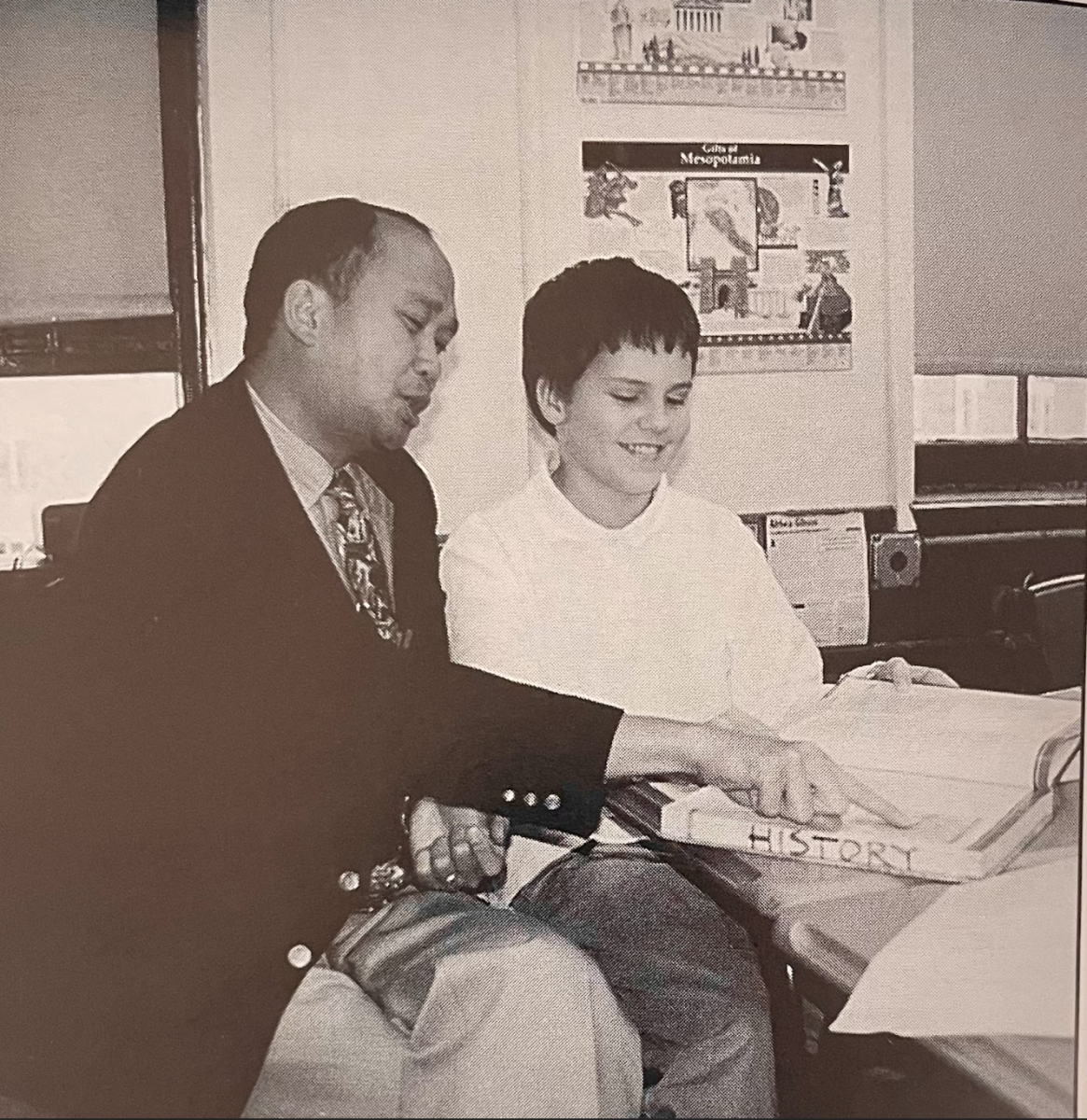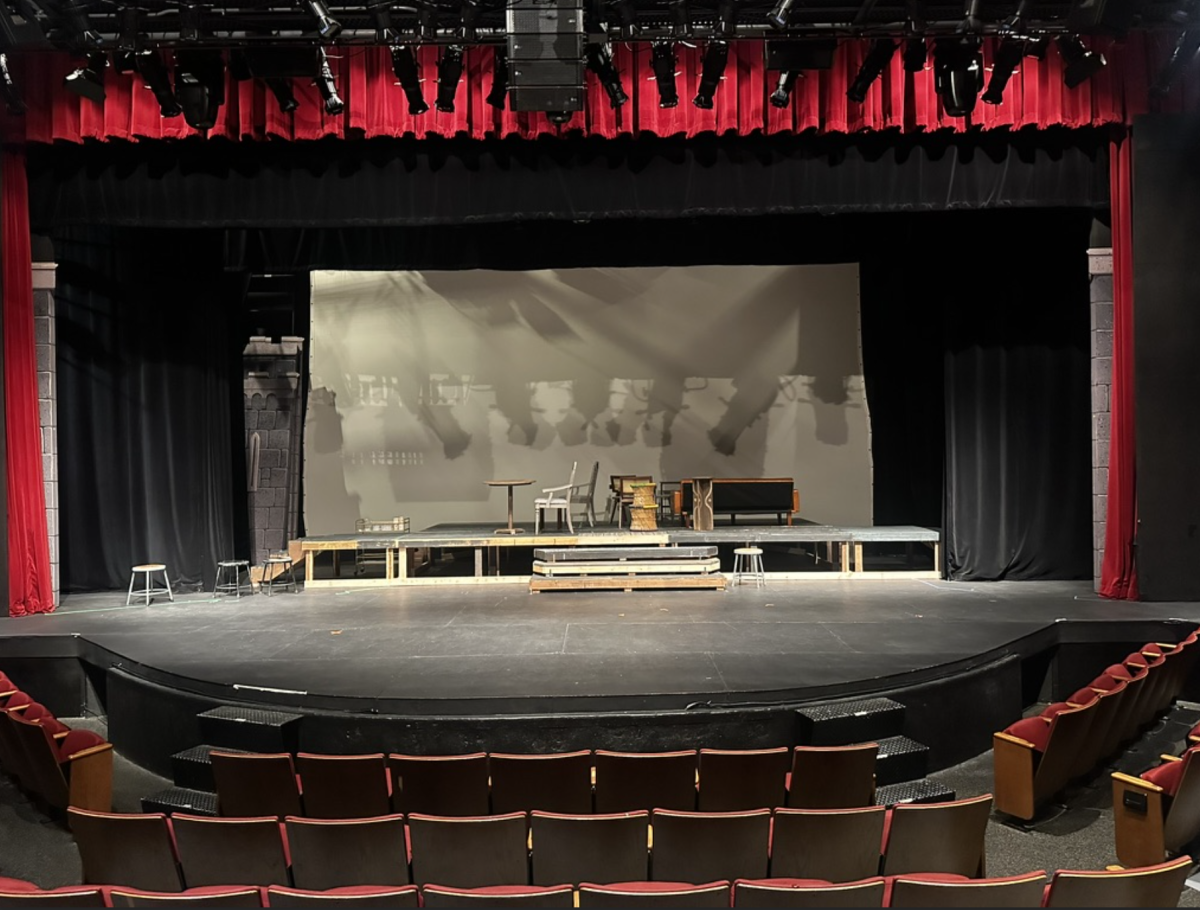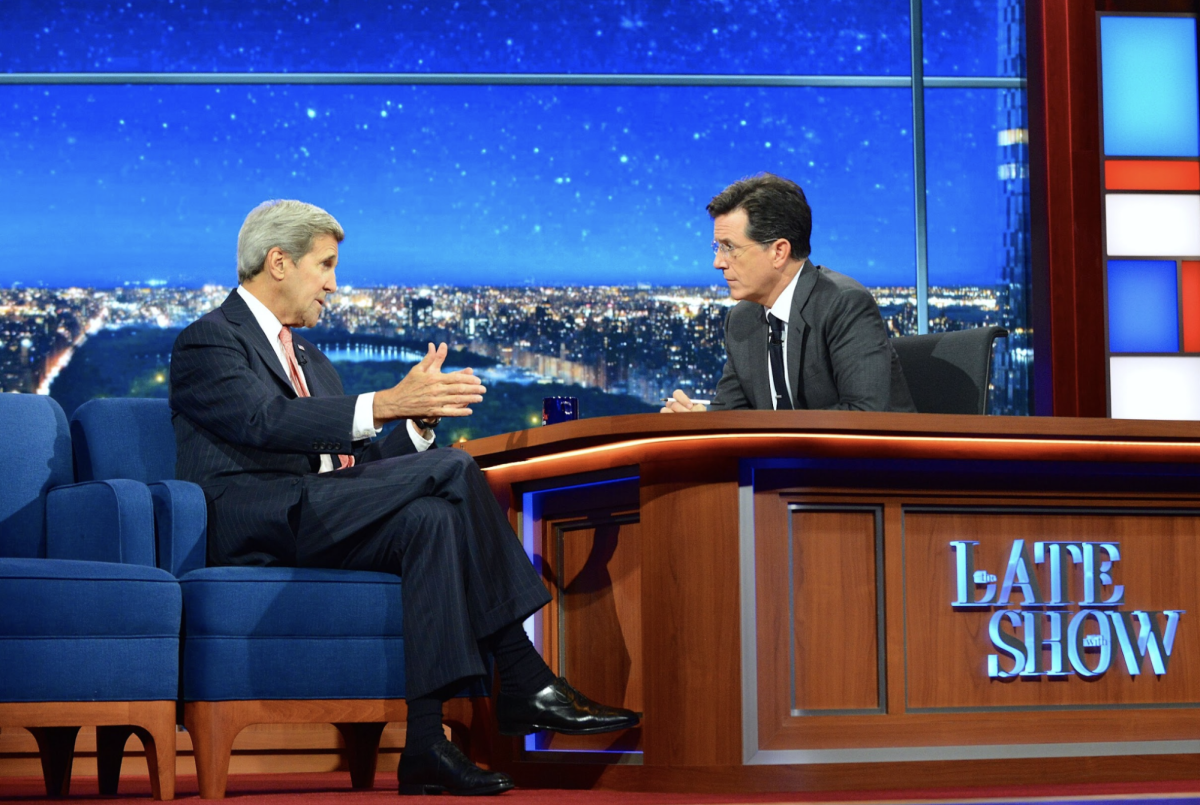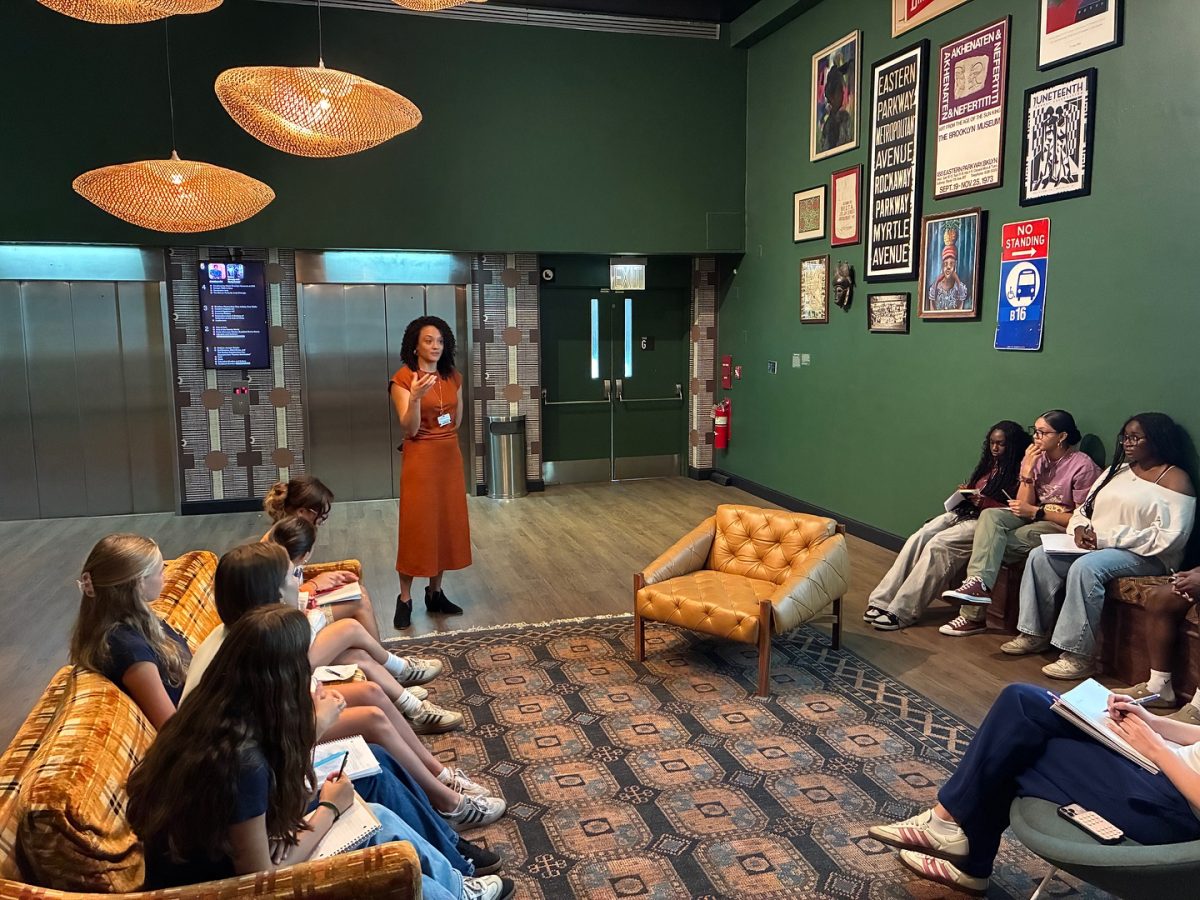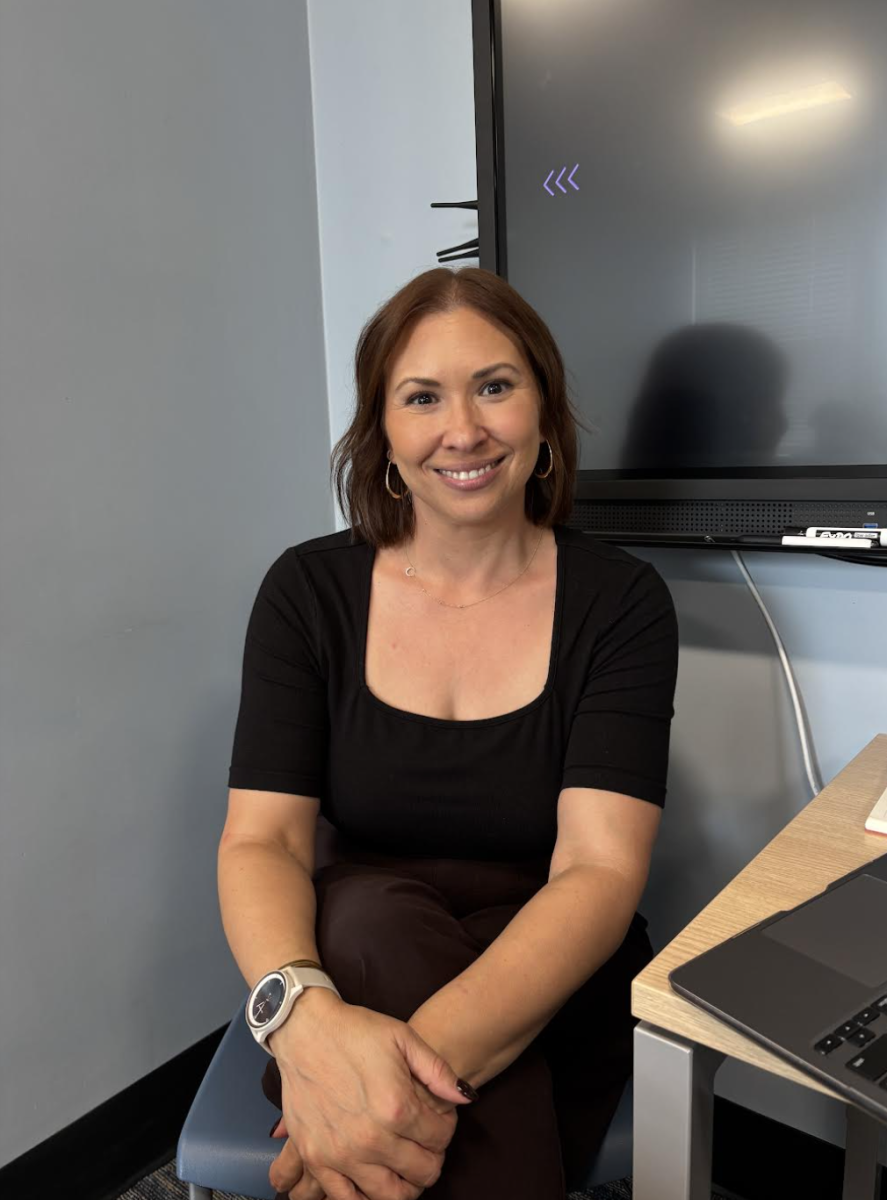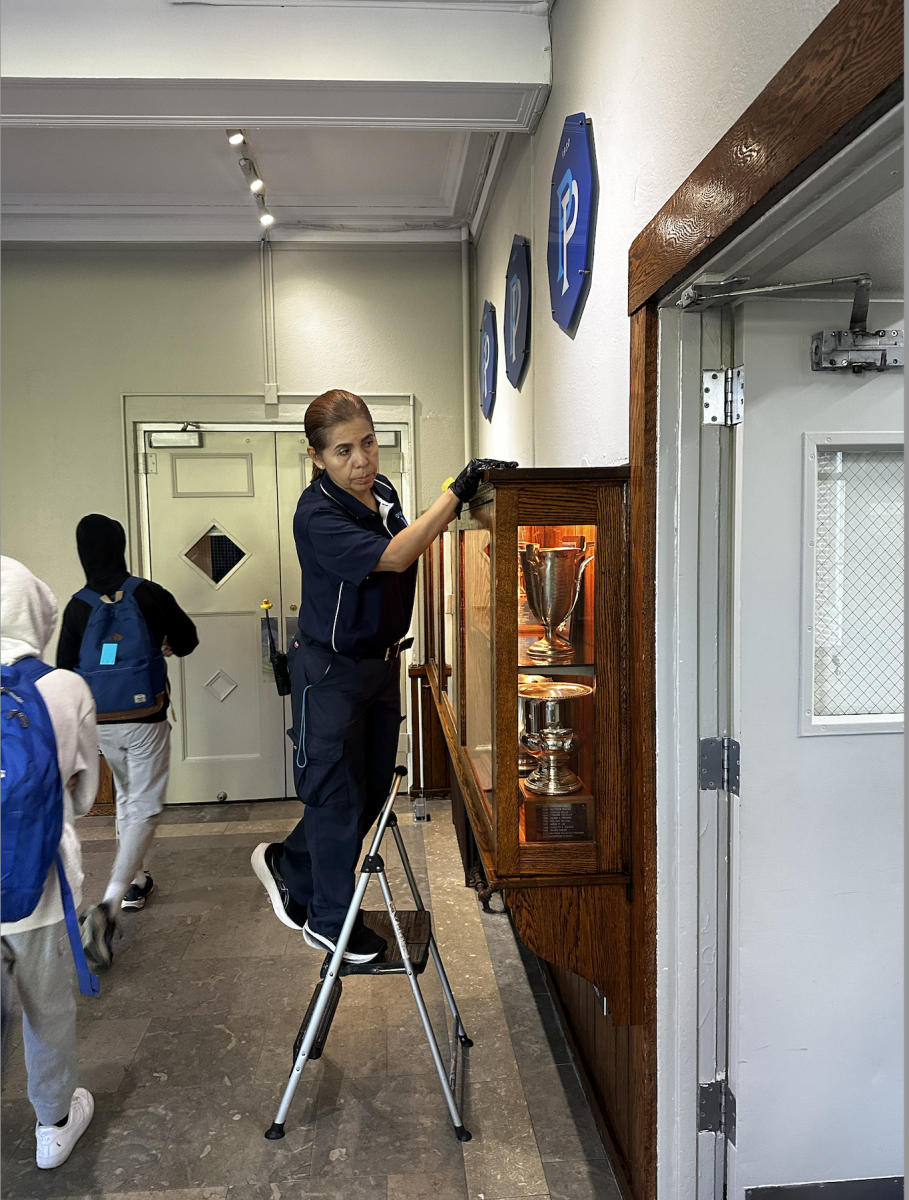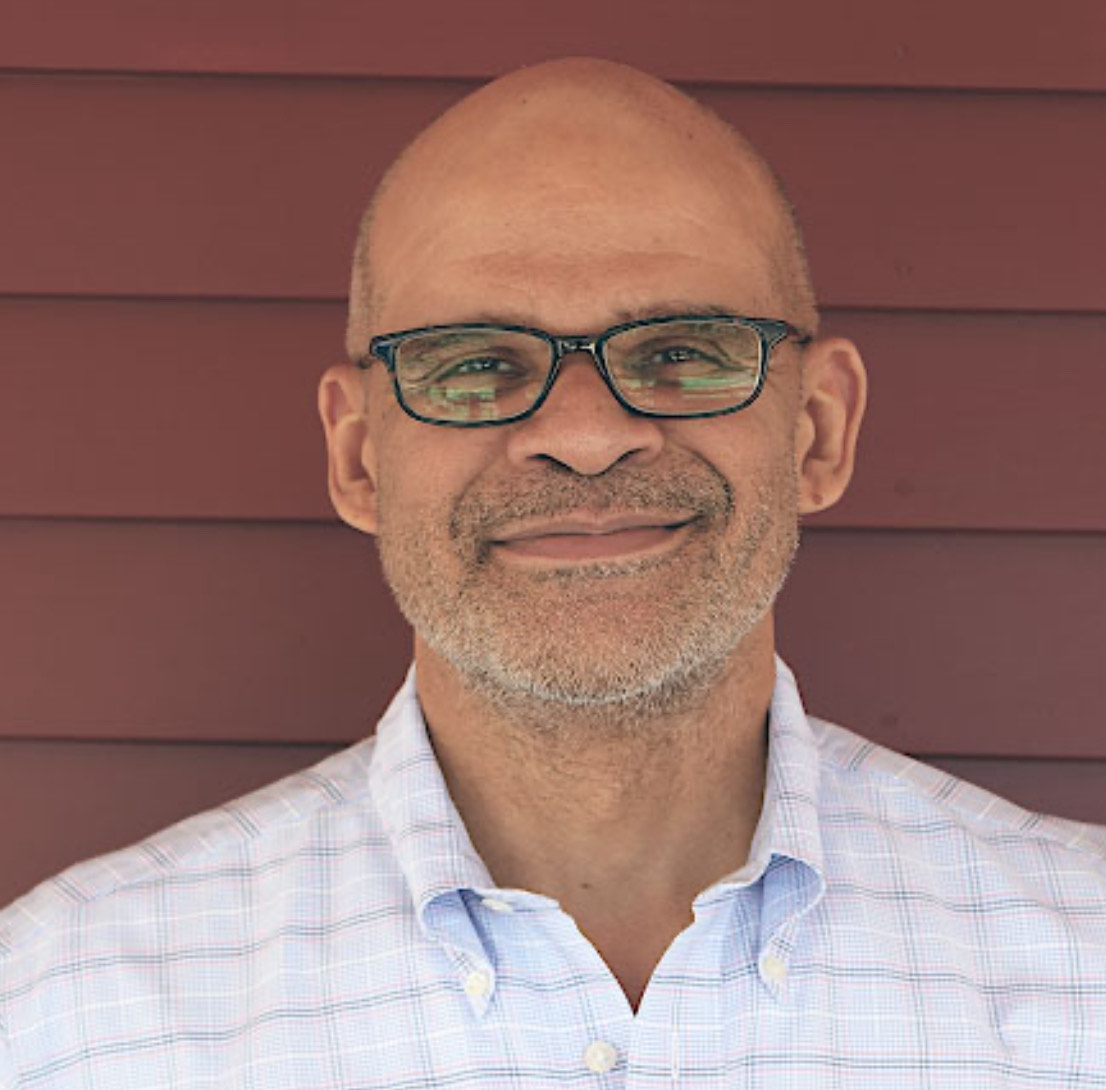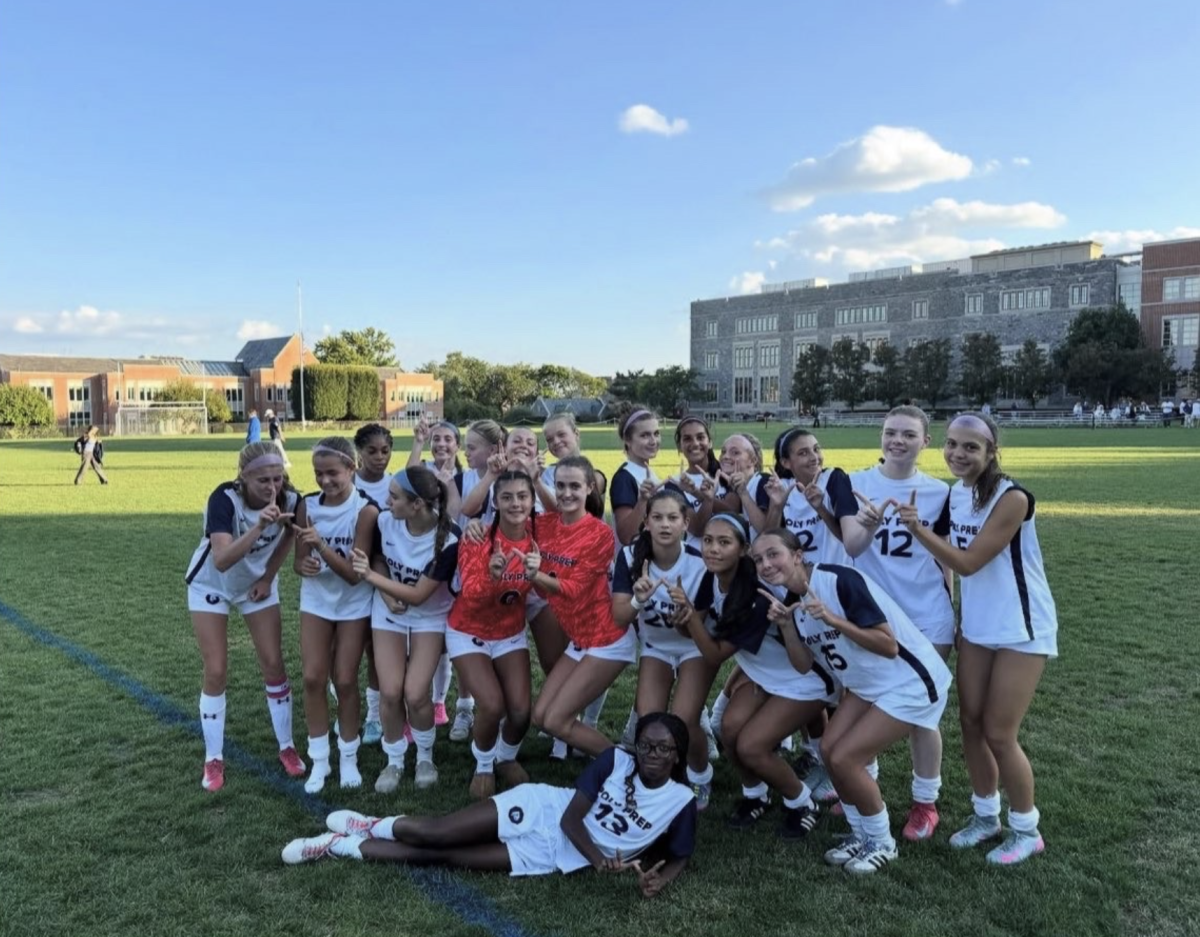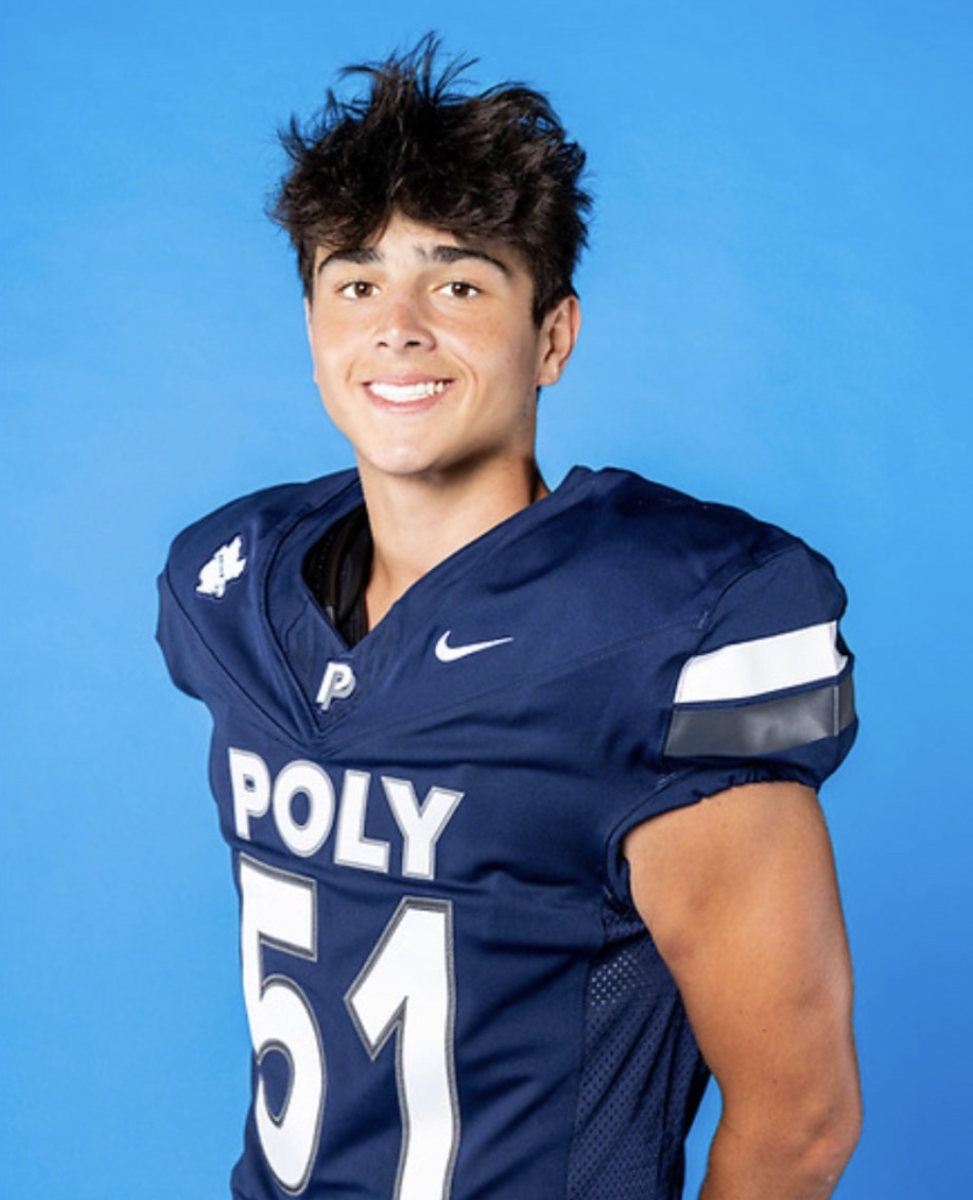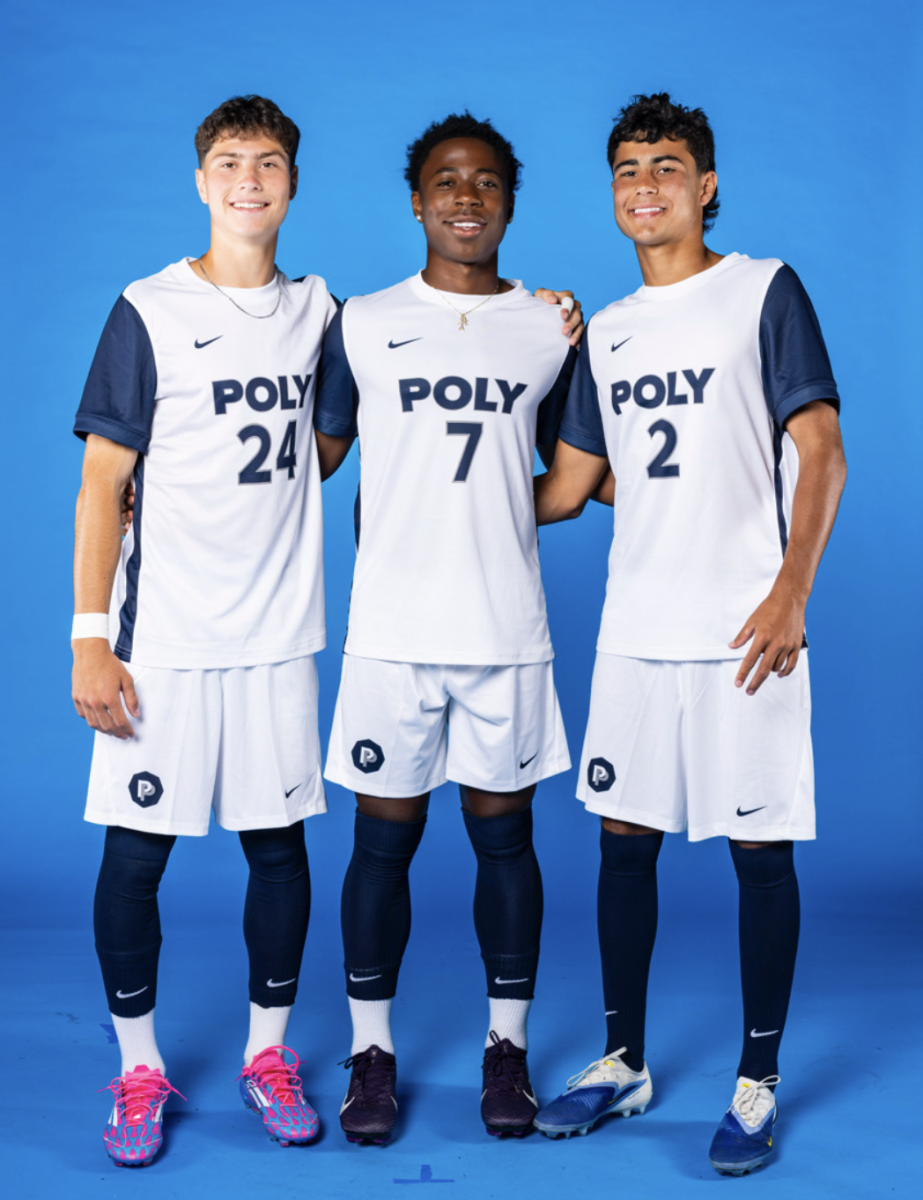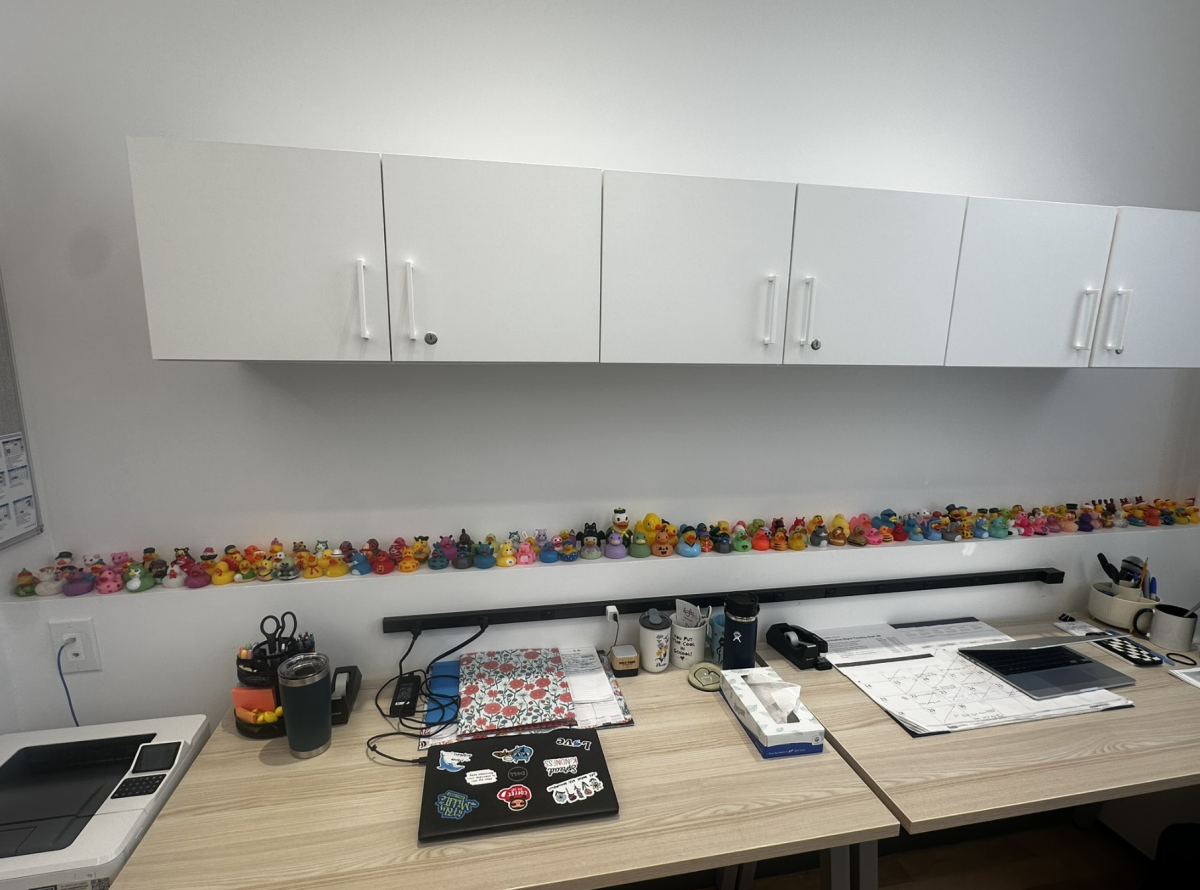While the Poly campus buzzes with chatter about updated phone policies, revised assembly guidelines, and new late policies, one development that has gone under the radar is the introduction of new Middle School electives, crafted to spark curiosity and fuel young passions.
Middle School electives were first introduced in 2022 by the former Head of Middle School, André Del Valle, and the Assistant Head of School, Michal Hershkovitz, as a pilot program. “We asked teachers if they would like to offer electives and a number of them rose to the occasion,” Hershkovitz explained. From this the first elective classes were introduced.
The original purpose of these electives, according to the current Head of Middle School Daniel Doughty, was “to give students a chance to take different kinds of classes that fall outside of the normal academic experience, while also giving students the ability to have more freedom in the classes they would like to take.”
Since its introduction in 2022, Poly has expanded its elective offerings each year, with the current middle school curriculum guide listing fifteen electives for 7th graders and twelve for 8th graders. These electives range from Greek mythology, where students are introduced to the pantheon of classical deities and Greco-Roman mythology, to probability and statistics, where students learn real-world mathematics.
Most students are excited by these new electives, and some have become instant hits amongst the middle schoolers.“Students appreciate the chance to choose classes like History of Monsters or Conspiracy Theories,” Doughty said. Similarly, Sekou Cox, a middle school dean, noted, “Debate and Financial Literacy are big hits. The benefits of these classes are evident to students even after middle school.” Zan Perez, a student in the eighth grade, enthused, “I’m taking philosophy this year, and I love it.” Likewise, Luke Foote, another eighth grader, said “the options this year are amazing and I love philosophy class.”
Poly’s investments in the elective program is not a requirement of the NYC middle school curriculum, but its benefits align with educational research conducted by schools across the country. The Willows Community School in Culver City, California, notes that “electives let students showcase their talents, develop new interests, and acquire crucial life skills. By granting autonomy, electives boost student engagement and empowerment.”
Hershkovitz supports this approach: “Students are often much more invested in courses they had a hand in choosing. Electives also help students be more prepared for a highschool experience after 10th grade, where every student’s schedule is unique.”
Despite the excitement, some students are not as impressed with the new electives. Eighth-grader Jaece Pak commented that the new electives are “not an improvement over last year.” Jaece said he believed that his electives last year were “much more fun and interesting.”
Despite some discontent, electives at Poly will continue to grow and the school is committed to making the necessary changes to accommodate this. “We’ve toyed with whether they should be graded and how much homework they should have… and we will continue to refine and tweak middle school electives,” Hershkovitz noted. The one challenge that remains is scheduling, due to limited periods and mandatory courses. Doughty hopes to cycle through different electives annually to give students more flexibility in their schedules.
By expanding electives, the school is upholding its commitment to a diverse curriculum while nurturing students’ individual interests and strengths. Hershkovitz asked, “Why make middle school students wait for the independence that they will gain in high school? Why delay their engagement with challenging questions? That’s what the elective program is all about.”



